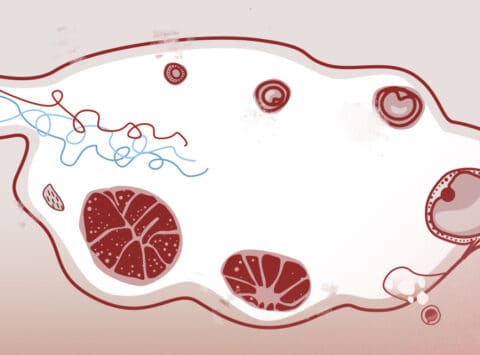Assisted reproduction
Since the first IVF baby was born in 1978, countless tests have been developed, both diagnostic and treatment. In this section you will find in detail the advances that have allowed the birth of millions of children in the world.
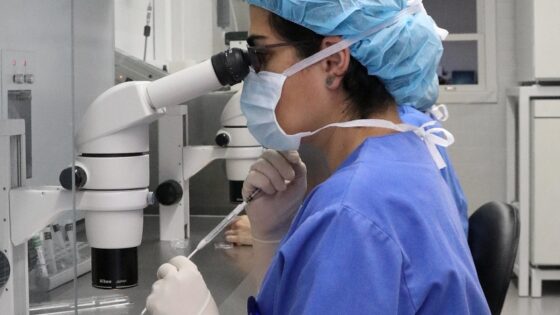
Reasons to cancel and embryo transfer
One of the most exciting times during a treatment of assisted reproductive is the Embryo Transfer. After carrying out all the laboratory processes, microinjection (ICSI) or insemination (IVF) and embryo culture, among others, it is […]
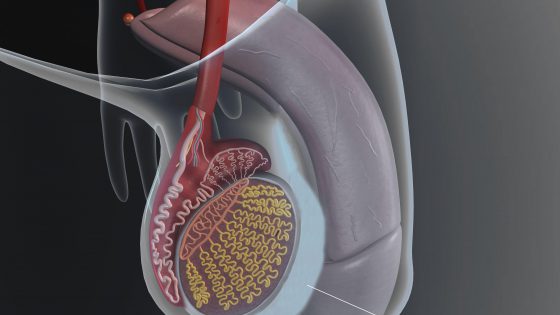
What is a hydrocele? Symptoms and treatment
A hydrocele is the accumulation of fluid in the testicular covers (in one or both testicles) causing an almost permanent swelling of the scrotum. Is not rare in newborns, but they occur more frequently in […]

ROPA treatment or how two moms share motherhood
He’s name is Iker, he’s nine months old and two moms who adores him. Ana and Lucia thought that the love they share couldn’t be bigger and, when their little miracle arrived, they discovered that […]

Fertility preservation in transgender people
The World Health Organization (WHO) defines reproductive health as a complete state of physical, mental and social well-being which implies, among other things, the ability of a person to reproduce and the freedom to decide […]
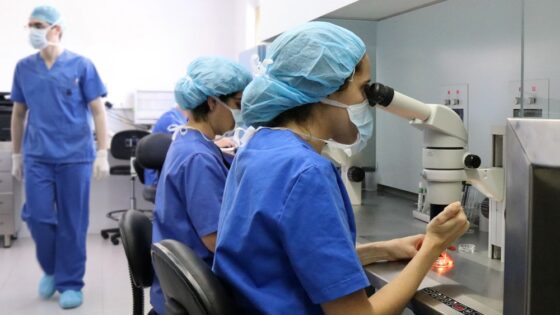
What posible complications can be given in the embryo transfer?
The aim of any assisted reproductive treatment ends with embryo transfer. This is the gentle placement of the embryo in the uterine cavity. Is the key moment of the entire procedure, embryologist and gynaecologist working […]
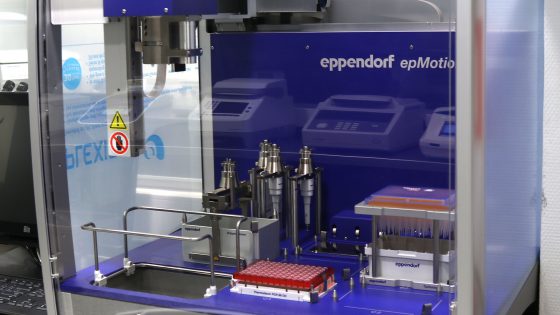
Expanded GCT. Screening of more than 3000 genetic diseases
We have the latest technology to study and avoid the main hereditary diseases Preconceptional genetic studies (also called carrier studies) aim to prevent the birth of a child with recessive diseases. Recessive genetic diseases behave […]

Reduced mobility and fertility
Reproduction issues always need to be dealt with with a degree of sensitivity. When there is also a disability within the couple, the emotional side of things calls for even greater care and steps should […]

Ablation or genital mutilation includes a series of practices consisting of the total or partial removal of the female external genitals, particularly the clitoris, with the purpose of eliminate all sexual pleasure in women for […]
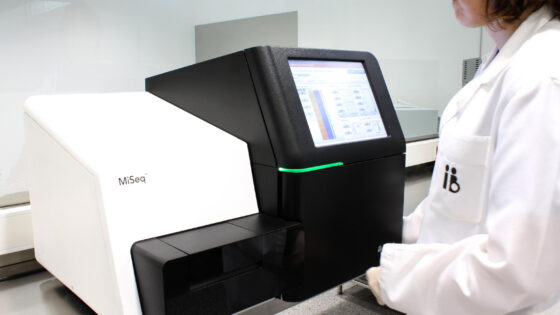
Why is it important for parents and donors to have a GCT (genetic compatibility test)?
Hereditary disorders (disorders that are transmitted from parents to offspring) include a group of disorders known as autosomal recessive disorders. Disorders of this kind are uncommon. However, they do tend to be rather serious. Indeed, […]

